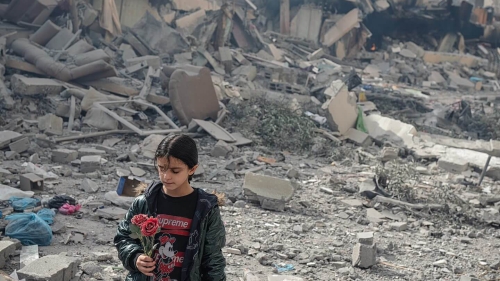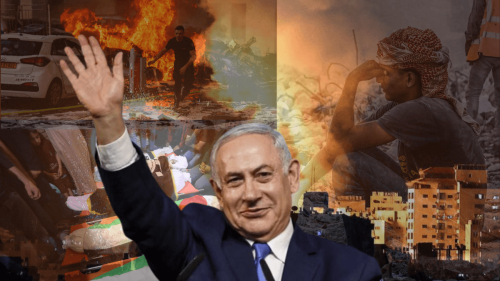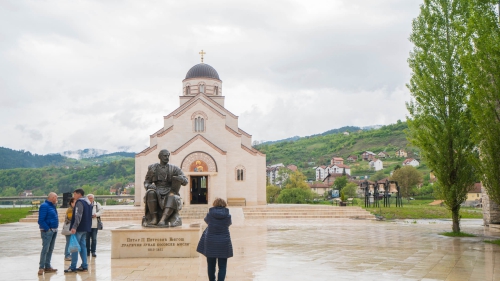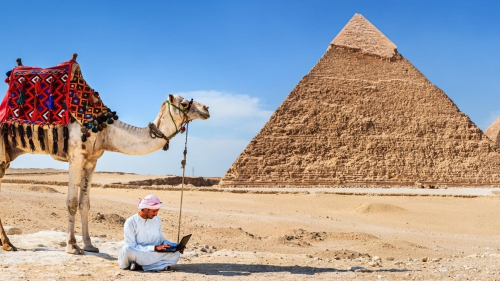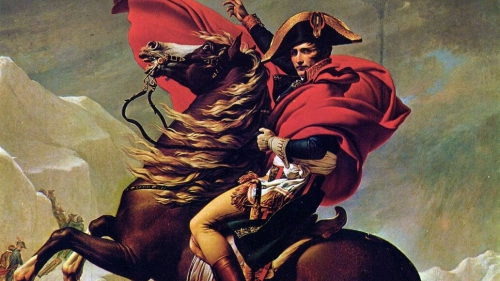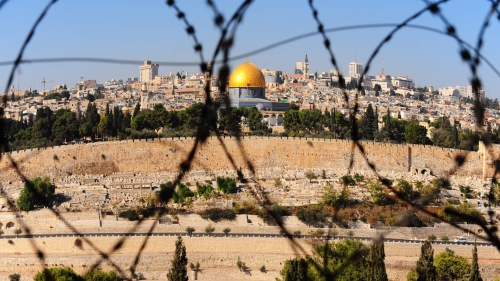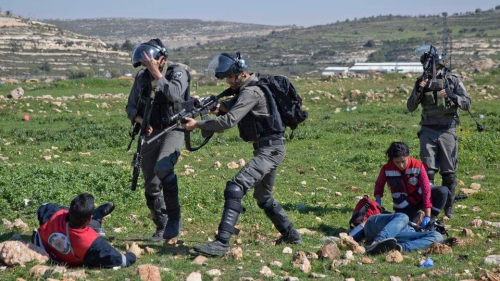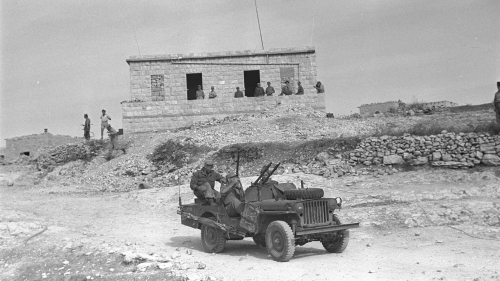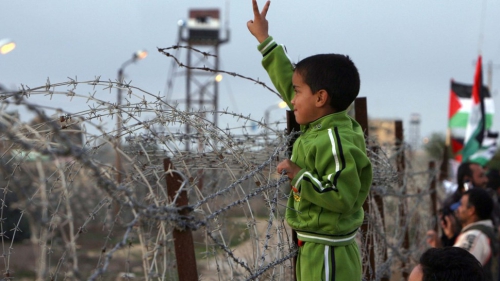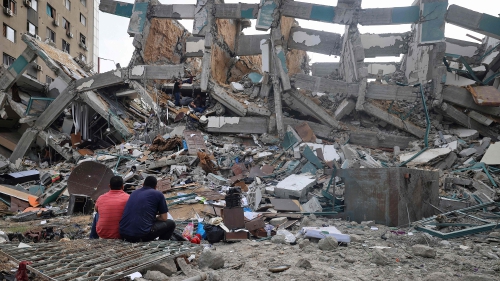Lessons From Kosova
For some time, I have felt disturbed by, and puzzled at the apparent lack of Muslim response to the still unfolding tragedy and genocide of Muslims in Kosova. Maybe this is because we Americans have seen precious few images in the mainstream media of Muslim individuals and governments engaged in relief activities in the theater of the tragedy. Adding to this perception, we have read few newspaper reports of Muslims helping the people of Kosova.
Instead, we have seen a parade of images of typical aid agencies rushing to do the job for which they are far too often called upon. Not belittle the work of CARE, Oxfam, the Red Cross or others; but paying attention to media coverage would make one think that there were but few groups actually in Kosova saving lives.
But what is even more disturbing, is what seems to be manufactured image-making on the part of the media. The most obvious example of this was the early coverage of Israel's humanitarian role in Kosova. When the crisis first broke, there were few American television channels that didn't repeatedly show scenes from the Israeli army's field hospital on the Macedonia-Kosova border. Then as follow-up there was the coverage of Israelis hosting some 100 Kosovar refugees in Israel.
What we haven't seen in any significant amount, is coverage of the work being done by Islamic Relief and other Muslim organizations that began helping victims in the region even before Slobodon Milosevic and his henchmen embarked on their recent campaign of ethnic cleansing. We haven't heard about Pakistan's $5 million donation, or about the Saudi citizens' $20 million donation, or the Kuwaiti people's $7 million in aid. Neither have we heard about the UAE's field hospital and 25 aid-cargo flights to Tirana. As reported by the Chinese news agency Xinhua, the UAE's 200-bed field hospital in Kukes, Albania, can accommodate approximately 10,000 refugees, and is staffed with a medical team of 12 doctors who can carry out 10 major operations a day. And there are many other charitable Muslim organizations and efforts that have been overlooked by the mainstream media as well.
We did however get coverage of how the Israelis felt haunted by their memories of the Holocaust as they responded to the frightened refugees flooding out of Kosova. We saw them express dismay at their government's reluctant and delayed support for the NATO action.
But we rarely, if ever, saw any footage of the bounding empathy with which the Palestinians watched the atrocities in Kosova, as a replay of their own horrors in the catastrophe of 1948, a process of displacement that continues to this day.
The Media Mind Game
The perception of diminished Muslim activity in aiding the Kosovars has resulted in the emergence of a disparity of opinion amongst Muslims with regard to the appropriateness of NATO's military action. Much of this can be attributed to what renowned social psychologist, Leon Festinger, called "cognitive dissonance."
According Festinger, people experience dissonance (mental distress) when they see discrepancies in their beliefs and actions; and they eventually change either the belief or behavior to avoid that distress. A frequently noted example is that of smoking. The smoker may at some point recognize that smoking is bad for him. But this is in conflict with his love for the habit. So by either quitting the habit, or rationalizing the behavior, the dissonance disappears.
As the first-ever U.S. air strikes in favor of a Muslim population took place over Yugoslavia, the response of Muslim individuals and governments was one of uneasy ambivalence. Some Muslims felt that air strikes were essentially fireworks that exacerbated the already dire tragedy. Many others felt that they could not trust their eyes, because historically, the U.S. has more frequently used its military might against Muslims. Still others supported the NATO campaign, asking for freedom for the Kosovar Muslims.
So how is a Muslim supposed to think, feel and act? In the absence of media coverage of Muslim activity on the Kosova crisis, this question is not easily answered. Does one overlook Israel's treatment of Palestinians and praise its humanitarian effort in Kosova, or does one reject it outright as a self-serving media ploy? Does one praise NATO's efforts to paralyze the Serbian genocide machine, or does one condemn the act out of fear that Muslim countries could be next on the list of international hotspots warranting Western military intervention?
The dissonance in this situation is real. And in this day and age of media driven reality, it is difficult to distinguish between image and reality. The Israelis know this. They understand the power of the media and milk it for all its worth, making Kosova one big public relations campaign.
Muslims need to realize however that the "performativity" (making a show of telling the truth) of truth, is actually more impacting than simply clarifying the facts of a situation. Armed with this understanding, Muslims might be better equipped to handle the dissonance that has been sparked by the Kosova issue.
And if there is anything Muslims can learn from all this media play, it is that Muslims simply doing good works is insufficient. Like the Israelis, Muslims must both "do and demo" their good works.
Mr. Auwal is an assistant professor in the Department Communication Studies, CSU, Los Angeles.






